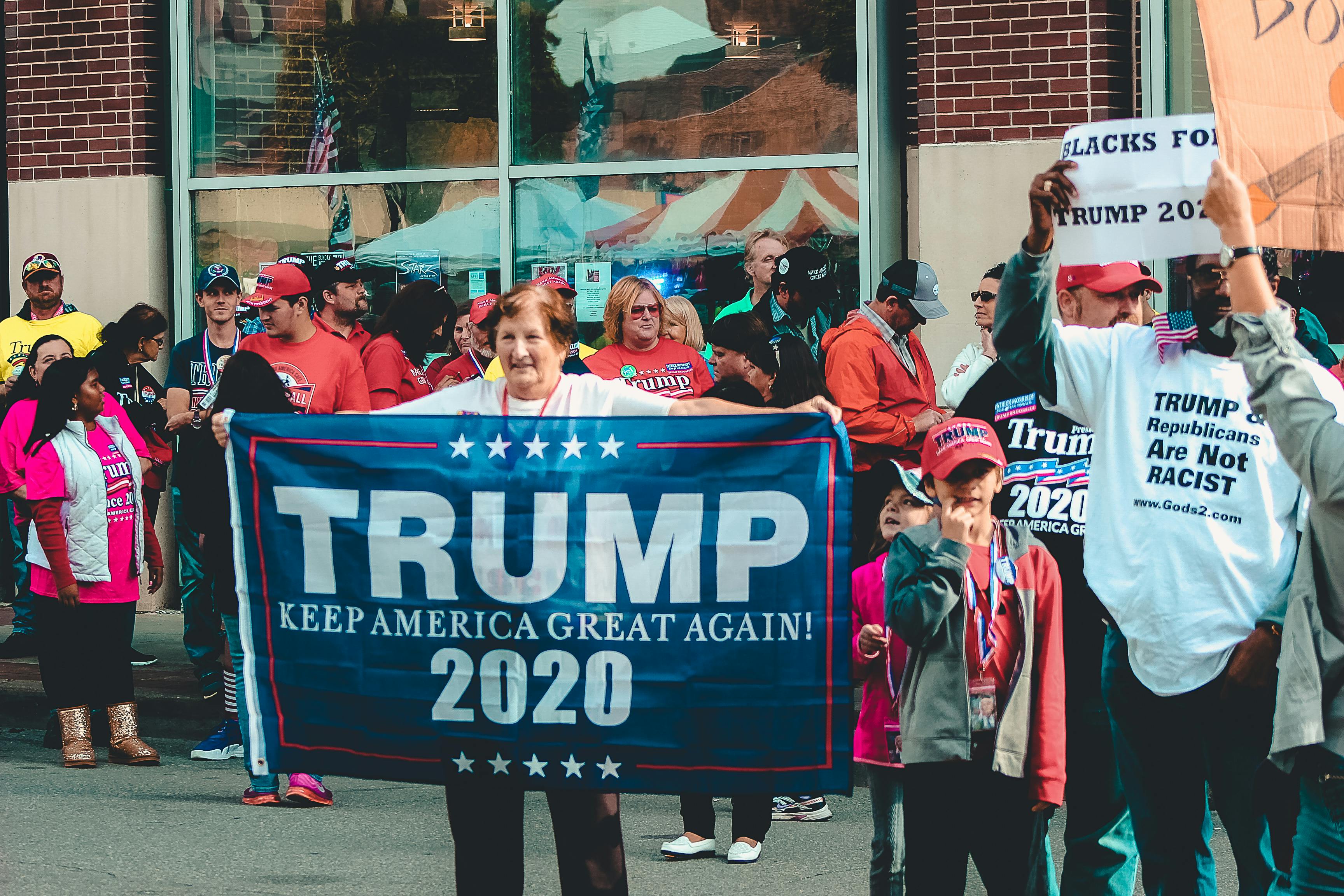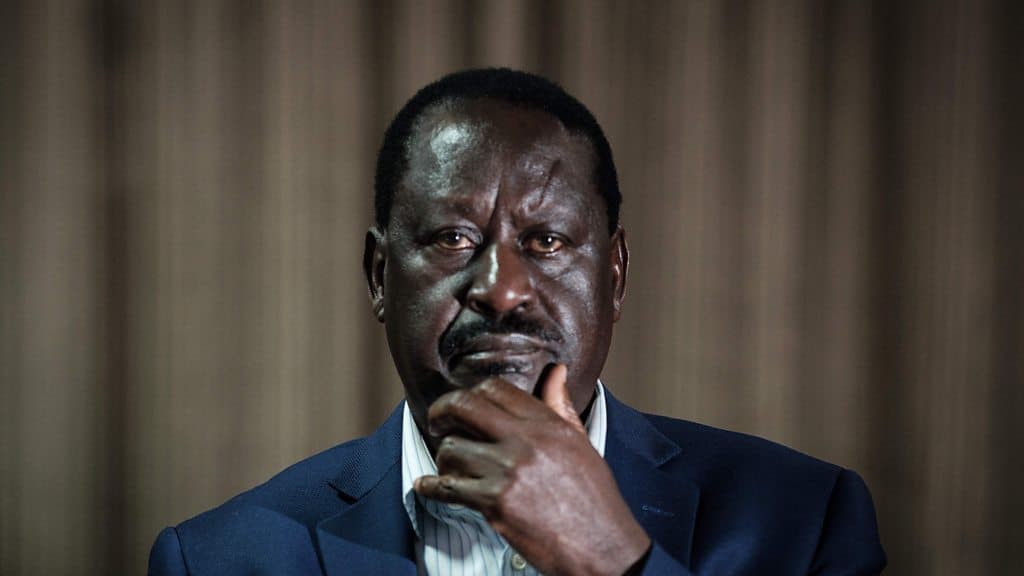Rich Content:
Over the past decade, the world has witnessed the rise of populism, a political movement that claims to represent the "true people" against a corrupt or elitist establishment. From Donald Trump in the United States to Marine Le Pen in France, populist leaders have surged to power by tapping into the frustrations and fears of ordinary citizens. But while populism promises to return power to the people, critics argue it undermines democratic institutions and fosters polarization.
The question at the heart of the populist debate is this: Does populism truly represent a democratic awakening, or is it a threat to the political systems it claims to reform?
What is Populism?
Populism is not a unified ideology, but a style of politics that positions the people against an elite or establishment. Populists claim to speak for the "common man" and often use rhetoric that appeals to feelings of disenfranchisement, economic inequality, and cultural alienation.
Left-Wing Populism: This form of populism often centers on economic inequality and social justice. Leaders like Bernie Sanders in the U.S. and Alexis Tsipras in Greece have called for wealth redistribution, free education, and healthcare as a way to challenge the power of financial elites.
Right-Wing Populism: Right-wing populism tends to focus on nationalism, immigration, and cultural identity. Leaders like Viktor Orbán in Hungary and Matteo Salvini in Italy use anti-immigration rhetoric and promote policies that favor the interests of the native population over minorities or immigrants.
Despite these differences, both forms of populism thrive on the idea that ordinary citizens are being oppressed by powerful elites—whether those elites are financial oligarchs, technocrats, or cultural elites.
The Appeal of Populism: Why Now?
Populism's appeal lies in its ability to tap into widespread dissatisfaction with globalization, economic inequality, and the perception that traditional political parties are out of touch with the needs of the people.
Economic Dislocation: Globalization and technological change have caused economic upheaval, particularly in the industrialized West. Jobs have been lost to automation and outsourcing, and many people feel left behind by a global economic system that benefits the wealthy while leaving the working class to struggle. Populist leaders capitalize on this discontent by promising to bring back jobs, protect local industries, and put "their country first."
Cultural Backlash: The rise of populism is also a reaction to rapid cultural changes, including increased immigration, multiculturalism, and shifts in gender roles and sexual norms. For many, these changes represent a loss of cultural identity and a threat to traditional values. Right-wing populists, in particular, use these fears to rally support by positioning themselves as defenders of the nation's cultural heritage.
In both cases, populism appeals to people who feel marginalized by the current system and are looking for a leader who can shake up the status quo.
Populism and Democracy: A Double-Edged Sword
Populism is often portrayed as both a symptom of democratic dysfunction and a threat to democracy itself. On the one hand, populist movements claim to restore democratic power to the people by challenging entrenched elites and unaccountable institutions. On the other hand, critics argue that populism undermines democratic norms, particularly when populist leaders seek to consolidate power or erode checks and balances.
Authoritarian Tendencies: Populist leaders often concentrate power in the executive branch and undermine institutions like the judiciary or free press that serve as checks on their authority. Viktor Orbán in Hungary, for example, has weakened judicial independence and restricted media freedoms in his quest to reshape Hungary’s political landscape. Similarly, Donald Trump's frequent attacks on the press and his refusal to accept the results of the 2020 U.S. election raised concerns about the future of American democracy.
Majoritarianism vs. Pluralism: Populism tends to favor majoritarianism—the idea that the majority should have unchecked power over government—over pluralism, which values the inclusion and representation of diverse groups and opinions. This can lead to the marginalization of minority groups, immigrants, and political opponents, creating a more polarized and less inclusive society.
While populists often claim to defend democracy, their approach to governance can erode the democratic principles of rule of law, free expression, and separation of powers.
Populism’s Impact on Global Politics
The rise of populism is not confined to any one country or region; it is a global phenomenon reshaping politics across continents.
Europe: Populism has had a significant impact on European politics, with populist parties gaining traction in countries like Italy, Poland, France, and Hungary. In Italy, the Five Star Movement rose to prominence by rejecting traditional political parties and advocating for direct democracy. Meanwhile, Marine Le Pen's National Rally party has capitalized on anti-immigration sentiment and opposition to the European Union to build a strong base of support in France.
The United States: In the U.S., Donald Trump's presidency represented the culmination of years of populist discontent with the political establishment. His "America First" platform resonated with millions of voters who felt alienated by globalization and cultural liberalism. Even after leaving office, Trump remains a powerful figure in American politics, with many Republicans adopting his brand of populism.
Latin America: In Latin America, populism has a long history, with leaders like Hugo Chávez and Evo Morales using populist rhetoric to challenge the political elite. Today, figures like Jair Bolsonaro in Brazil continue this tradition, combining economic populism with nationalist and anti-establishment messages.
Populism’s global rise has led to a realignment of political forces, with traditional parties struggling to adapt to the populist challenge. In many countries, populists have forced the political establishment to address issues like inequality, immigration, and the limits of globalization, even as they challenge the institutions of liberal democracy.
The Future of Populism: Will It Endure?
As populism continues to reshape politics worldwide, the question remains: will it endure, or is it a temporary reaction to economic and cultural upheaval?
The Pandemic and Populism: The COVID-19 pandemic posed a significant test for populist leaders, many of whom initially downplayed the severity of the virus or resisted public health measures. Jair Bolsonaro and Donald Trump, for example, faced criticism for their handling of the pandemic, which eroded their support in some quarters. However, populist leaders who successfully navigated the crisis, like Viktor Orbán, have used the pandemic to consolidate power, passing emergency laws that expand executive authority.
Economic Recovery: As countries recover from the pandemic’s economic fallout, populist leaders may find new opportunities to exploit economic discontent. Rising inflation, job losses, and the growing divide between rich and poor could provide fertile ground for populist rhetoric, particularly if traditional political parties fail to address these challenges.
Political Realignment: Even if populist leaders lose power, the movements they have created are likely to continue influencing politics for years to come. Donald Trump's defeat in the 2020 election did not signal the end of Trumpism, as many of his supporters remain loyal and continue to push for his policies within the Republican Party. Similarly, populist parties in Europe may shift strategies but are unlikely to disappear entirely.
Ultimately, the endurance of populism will depend on how governments and societies respond to the underlying issues that fuel populist movements. If economic inequality, cultural alienation, and political disenfranchisement persist, populism will continue to find fertile ground.
Conclusion: A New Era in Politics?
The rise of populism has undeniably reshaped global politics, challenging traditional parties, destabilizing institutions, and redefining what it means to represent "the people." As we look to the future, it remains to be seen whether populism will lead to a more responsive political system or erode the very foundations of democracy. What is clear, however, is that populism is not going away anytime soon, and its impact on politics will be felt for generations to come.







